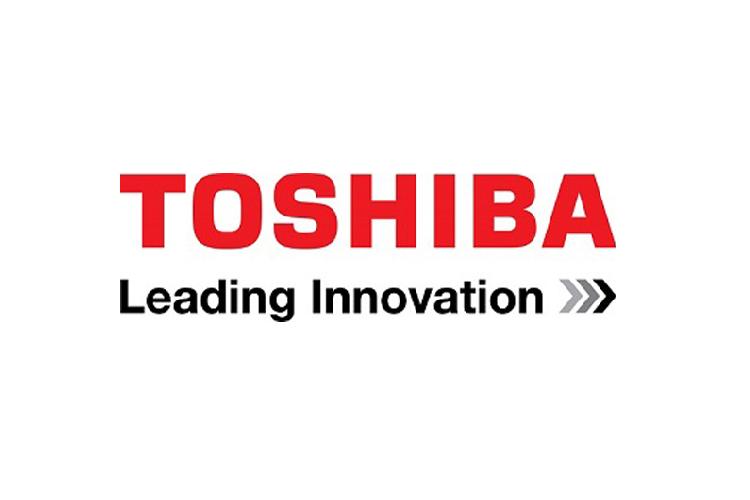
Toshiba Develops a Wide-Input-Voltage-Range High-Efficiency Switched-Capacitor DC-DC Converter for Wireless IC
Today announced the development of an on-chip switched-capacitor DC-DC converter for wireless ICs that offers up to 95.8% efficiency with a 0.85-to-3.6V wide input voltage range, and a 0.1-to-1.9V wide output voltage range. The DC-DC converter extends the battery life of wireless devices, and supports use of both 3V lithium battery and 1.5V alkaline battery with the same design. This advance was announced at the 2016 IEEE International Solid-State Circuits Conference (ISSCC) in San Francisco, California, on February 2.
Many of today’s wireless ICs have embedded DC-DC converters instead of LDO regulators to reduce the power consumption of the ICs. However, mainstream inductor-based DC-DC converters require an inductor that is relatively bulky and expensive. Capacitor-based DC-DC converters have gained attention recently on their ability to offer a compact, low cost module. However, switched-capacitor DC-DC converters offer high efficiency only in a limited input and output voltage range, since they are based on a discrete conversion ratio; inductor-based DC-DC converters have a continuous conversion ratio. Conventional techniques solve this by connecting multiple switched-capacitor units in series, but this incurs an efficiency penalty.
Toshiba has solved the issue by developing a new unified switched-capacitor topology with 3 capacitors and a multiple switch control architecture, that achieves multiple conversion ratios. Switched between the appropriate configurations of capacitors, this switched-capacitor DC-DC converter offers up to 95.8% efficiency with a 0.85-to-3.6V wide input voltage range, and a 0.1-to-1.9V wide output voltage range. It also supports auto-configured step-up and step-down power conversions, and can provide 2 channels of regulated output voltages.
Toshiba will continue to research this technology toward providing lower-cost and thinner wireless device modules, and plans to use the switched-capacitor in a low-power wireless IC released in three years time.



























